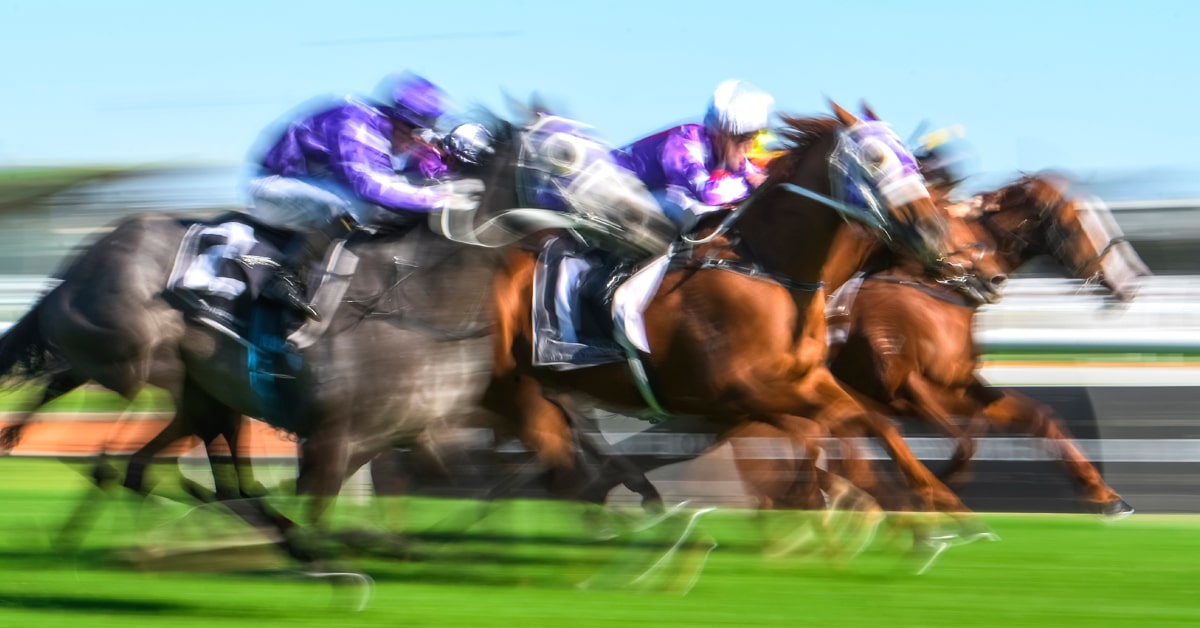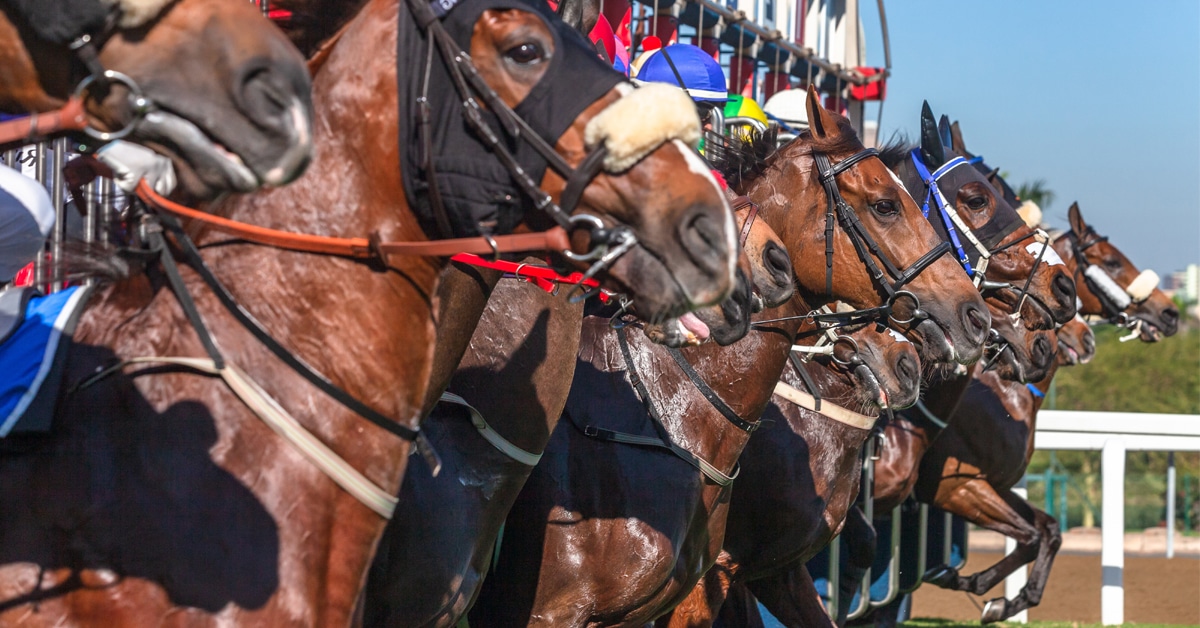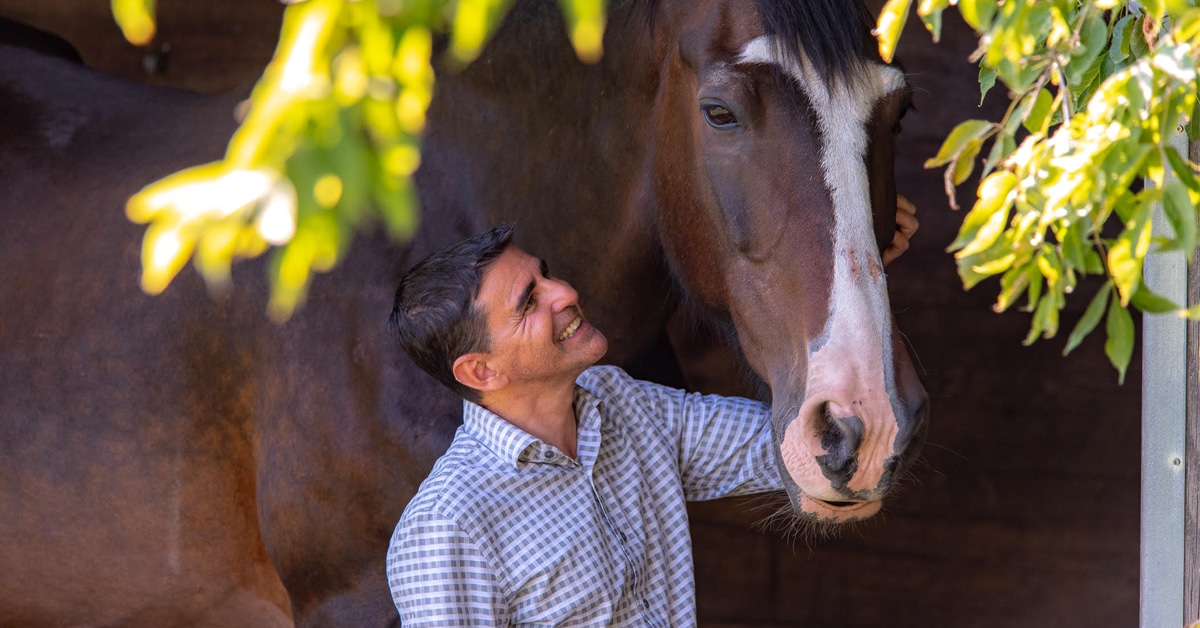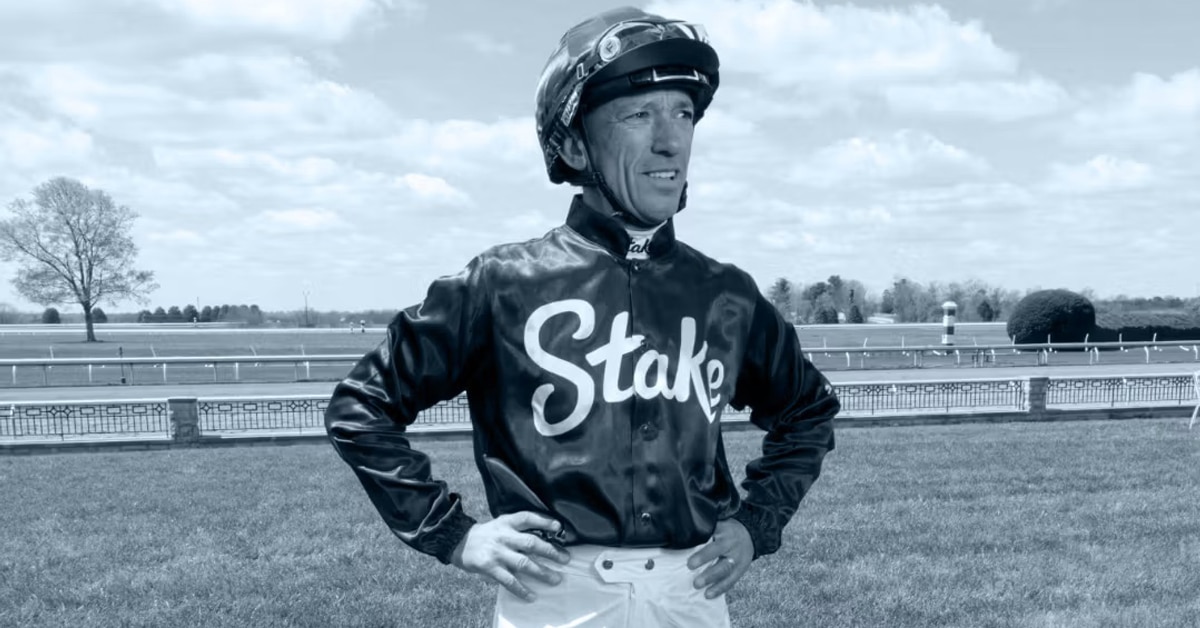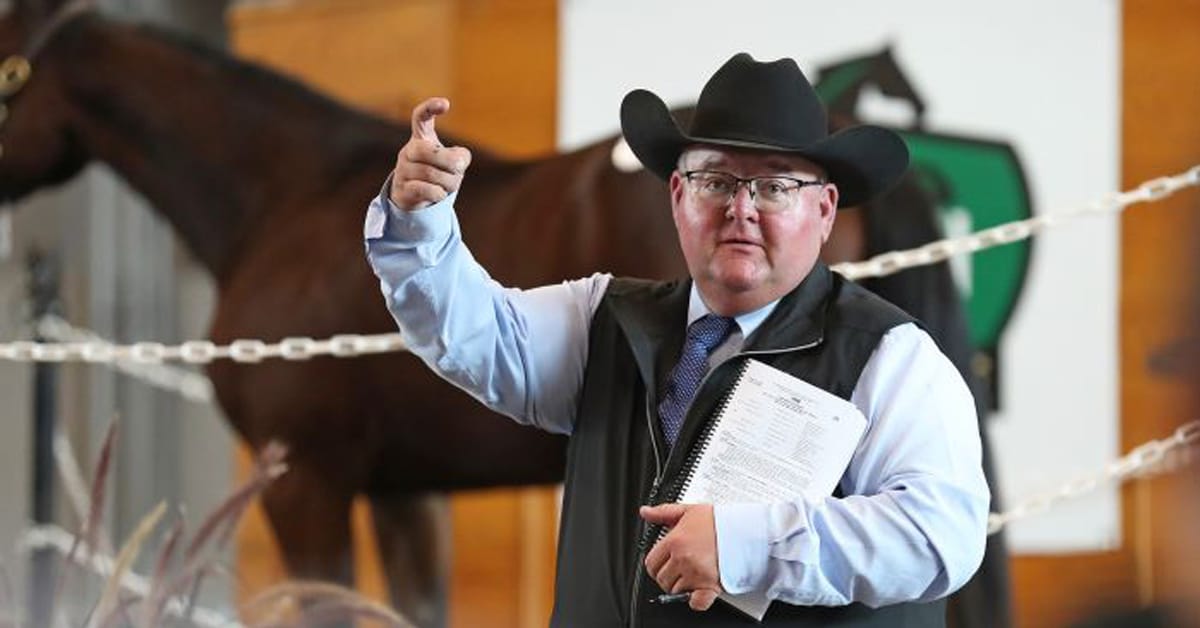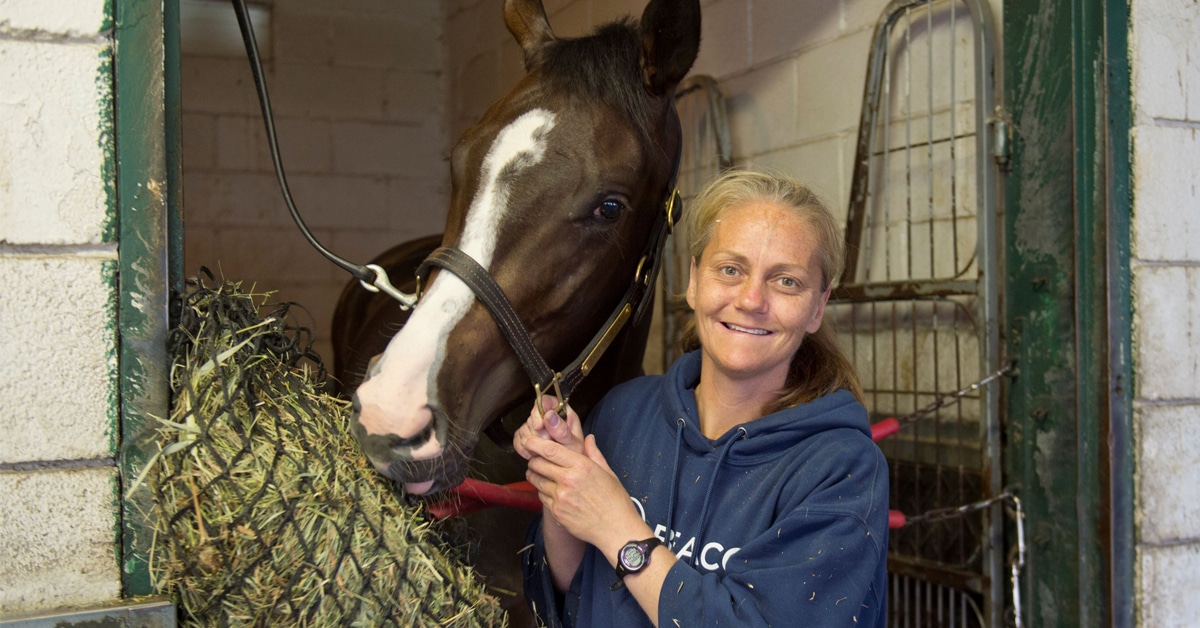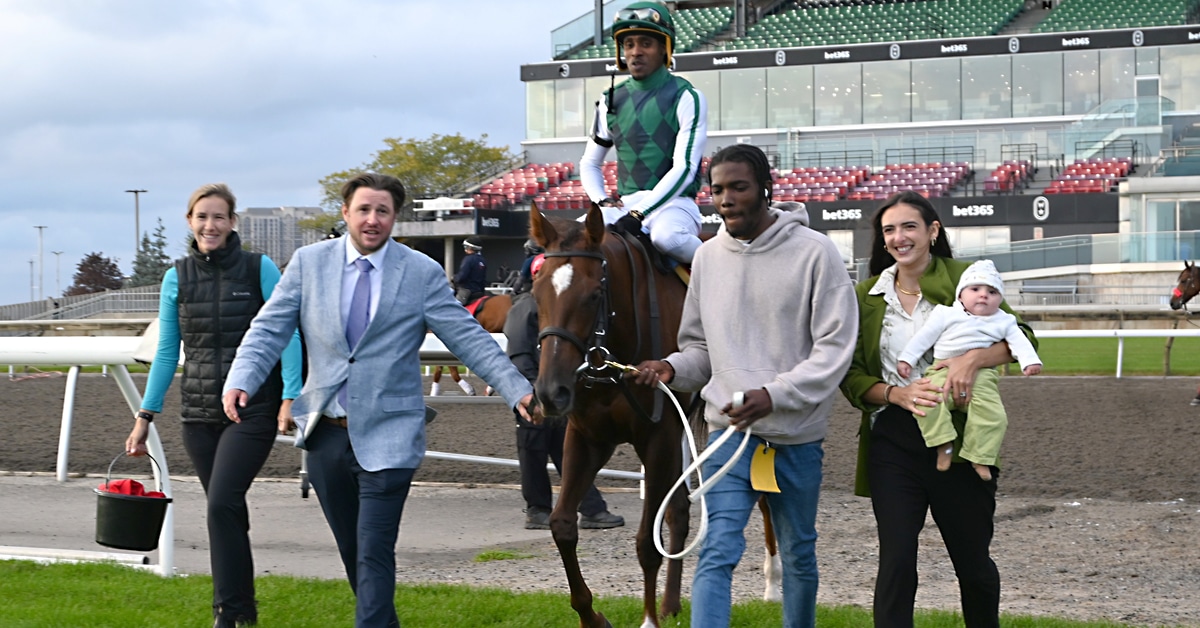Seminar topics at the inaugural Thoroughbred Owners Conference held Oct. 13-16 at the Keeneland Sale Pavilion in Lexington, KY, were pretty much what one would expect from a gathering aimed at educating fledgling or potential horse owners. The conference, a joint effort by The Jockey Club and the Thoroughbred Owners and Breeders Association (TOBA), had sessions for how to select and communicate with a trainer, how to find athletes at the sales, where to find helpful resources, what the next generation thinks, the owner-jockey relationship and how racetracks are increasingly catering to owners, among other sessions.
James Gagliano the president and chief operating officer of The Jockey Club, said the conference was one tool in an major effort to retain and attract horse owners.
“When the Jockey Club commissioned McKinsey and Co. to conduct a comprehensive economic study of our sport in 2011, nearly 50 per cent of the owners who were surveyed said they found it very hard to find relevant information when they first became owners,” Gagliano said. “There was no comprehensive information source to assist owners about purchasing horses or finding trainers. There was no gathering place such as this conference. That’s why The Jockey Club and TOBA created OwnerView.”
Apart from utilizing the dream power of Lexington as a perfect backdrop, where the conference excelled was both in its presentation and the expertise of its panelists.
Here now is a selection of the best quotes from some of the seminars:
Mike Rogers, president The Stronach Group
The Stronach Group — operated by Canadian industrialist Frank Stronach — owns six U.S. racetracks, including Santa Anita, Gulfstream and Pimlico. Rogers said the biggest complaint he hears pertains to the cost of ownership. In a survey of 270 horse owners conducted in 2014 and published on the ownerview.com website, the average annual cost to campaign a thoroughbred — including bills for training, care, transportation, veterinary work, farriers, etc. — is just over $40,000 (U.S.). Rogers said the fact Stronach started in racing as a horse owner — and that four key Stronach Group executives, including Rogers, are horse owners — guides a lot of their decisions.
“When we’re making decisions on the racetrack side, we have the owner in mind. Purses are critical to that and we’re also looking at ways to use our size and leverage to cut costs. We’re investigating in a pharmacy, where some of the drugs can be bought at cost without these huge markups that sometimes the owners are paying. We’re also looking at the workman’s comp policy to try to bring down the costs owners have.”
Joe Harper, president and CEO of the Del Mar Thoroughbred Club
“We’re in the entertainment business. I put that ahead of the racing business, the gambling business, the restaurant business and all the others. We need new fans.”
“Buying a horse is little like buying a boat. Enjoy it, don’t expect a return on it. When there’s passion involved, the costs are easier to handle.”
Owner Brad Weisbord, American advisor for Al Shaqab Racing
“The racetrack experience is the most important thing in our industry. When the owners go to the track you want them to enjoy the experience.”
Weisbord said getting involved in horse ownership is about “enjoying life… It’s a sport. You shouldn’t get involved for the money.”
“The partnership model is very important because you don’t want to just buy one horse.”
Owner Anna Seitz, managing partner Hit the Board Stables
“It’s a major misconception of the horse industry is you have to be a legacy (to own horses).”
What was Seitz’s reaction to a video showing her jumping up and down after the first big win by the ownership partnership she founded? “Where else can you act like a crazy person and it’s okay?”
Owner Daisy Phipps Pulito, part-owner and racing manager Phipps Stable
“Racing is one of those things that we can all do together (as a family).”
Trainer Bill Mott
Mott said he enjoys discussing options with owners, “as long as I certainly get a vote.” He said the perfect owner is “anybody that I can speak to openly and honestly. I want to speak to people that I don’t have to sugar coat it.”
Owner Dr. Chuck Kidder
On picking a trainer: “Go to the barn. Is the barn clean? Does it look good? Do you like the people? If I don’t like them or I think they have a bad attitude about the way they’re going to treat horses, I don’t care how much they win, I wouldn’t want to have horses with them. If you have many horses you might want to go with more than one type of trainer.”
On how best to communicate with his trainer: “To start with, I had to learn how to text. They’re not going to answer a voicemail and they’re not going to email.”
“Dinner is always better after a win and you smile for the next couple of days.”
Pete Bradley, Bradley Thoroughbreds
“The more you can teach an owner, the better the relationship will be.”
“The first thing I look for is balance and frame. You want a horse that looks like an athlete… The second thing is presence.”
“Try to like a horse first and then see if you can live with the faults on the conformation side.”
Trainer Graham Motion
“I want to train for people that aren’t going to second guess me. I make the best decisions with people that aren’t going to second guess what I do.”
Owner Dr. David Richardson
Though he doesn’t like trainers that are negative all the time, Dr. Richardson said it’s critical that owners be able to handle the truth about their horses. “You better be able to handle the truth,” he said. “You don’t want the trainer to have a reason to be dishonest with you.”
Owner Brent Johnson
“You’re mostly looking for somebody that you can communicate with and that you can grow through your relationship to have trust, because there’s going to a lot of things in a relationship with owner/trainer that you don’t have hands-on access to that you’re really going to need to be able to trust the information that you get from your trainer.”
Terry Finley, founder and president West Point Thoroughbreds
“The key is we all have to take responsibility and bring new people in on the ownership side and the betting side.”
Aaron Wellman, president Eclipse Thoroughbred Partners
On finding athletes: “Horses can’t speak to us, but they can communicate to us and it’s up to those experts to read those signs… It’s a game of experts and you have to surround yourself with experts… Finding equine athletes is an art, not a science and that drives it home even harder that it’s a game of experts.”
“For me, physicality and conformation tops pedigree.”
“We’re all trying to compete against the New York Yankees, which means you have to be savvy, have a budget and pick your spots.”
“Discipline is absolutely key because there’s always another horse.”
Mike Ryan, Mike Ryan Bloodstock Agency
“I think we’re too critical. I learned at an early age that runners come in all shapes, sizes and colours.”
“Beauty is in the eye of an observer… and that’s what gives everybody a chance.”
“When you need a fight and they’re coming through a hole, class is very important.”
Nine Strokes With Gary Player
Highlights from the keynote address by South African golf legend and thoroughbred breeder Gary Player.
Apart from being one of the world’s greatest golfers, 79-year-old South African Gary Player, a three-time Masters champion, also owns and operates The Gary Player Stud. The farm, located in Colesberg in central South Africa is home to some of South Africa’s leading thoroughbreds and consistently among that country’s best breeders.
Player, who is also a noted fitness devotee, gave the keynote address at the inaugural Thoroughbred Owners Conference Oct. 14 at the Keeneland Sales Pavilion. Here are nine highlights from his speech:
1. Masters vs. Derby: “If somebody said to me, ‘Would you rather win The Masters or The Kentucky Derby?’ I’d take The Kentucky Derby, but I have won three Masters, so that has an influence.”
2. On his small stature: “Then a man says, ‘Would it be better to have a big horse or a small horse?’ If I had been sold here (at Keeneland) I probably would have sold for $1,000. You look at Northern Dancer, who I had the privilege of seeing. He is unquestionably the greatest sire that has ever lived and I say that without hesitation.”
3. On his age: “Age is a number. I’m as active at 80 now as I was when I was 20. I still do 1,300 sit ups. I’m going to boast.”
4. On picking a trainer, you must find someone you trust: “When people are dealing with money you’ve got to be very, very careful and find somebody that doesn’t destroy your desire to be in this business.”
5. Share the joy: “They talk about a million-dollar horse. I say I’d rather buy five horses at $200,000 and find yourself partners, because you want to have fun while you’re doing it. If you’ve got partners — which I’ve done a lot and had tremendous fun — you can go on holidays together, you can go to races together and you can play golf together. You can bring your friends to the races and have lunch. You can bring your wife, you can bring your family. It’s a great family sport.”
6. On raising his horses on natural Karoo veld known for growing strong boned, resilient athletes: “Where horses are raised is imperative. On our farm, we have a very big farm, but, in the meantime, I’m having to battle against billionaires in the business in South Africa, people that have far more mares than me, far greater sires than I have, and yet we manage to stay in the top 10 almost every year because of the environment that the horse is brought up in.”
7. The great outdoors: “When I wake up on my farm and I sit on my veranda, I look out as far as I can see and I don’t see a house, a car, a light, a human being. All I just see is wild animals and horses and 124 species of birds. For me, that just restores my soul.”
8. Say “no” to drugs: “This is what we must do in the horse business, we’ve got to say we’re vehemently against performance-enhancing drugs to clarify and make people understand.”
9. Positive mental attitude: “I am convinced that life is 10 per cent what happens to me and 90 per cent how I react to it. We are in charge of our attitude.”
The Latest
